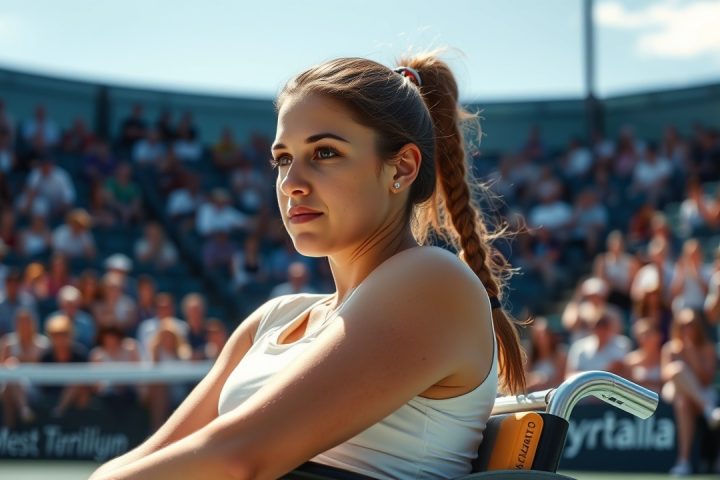Wimbledon: The Ultimate Tennis Destination
Regarded by many as the ultimate destination in the tennis world, Wimbledon offers an unparalleled experience of beauty and meticulous detail, showcasing everything from perfectly ripe strawberries to meticulously maintained grass courts. Stepping into this prestigious venue engulfs players and fans alike in its exclusive atmosphere.
The Role of Coaches at Wimbledon
While the spotlight is often on the athletes who compete there, the role of the coach at this iconic event can be equally compelling and demanding. Three coaches recently shared their insights into the unique pressures and privileges they experience at the All England Club.
Insights from Coaches
Oivind Sovland, part of Casper Ruud’s coaching team, elaborated on the differences between coaching at Wimbledon compared to regular ATP tournaments. He described the unique routines players adhere to, which begin with warm-ups early on match days. Unlike traditional events where timeframes are more predictable, Wimbledon requires players to remain flexible as match start times can vary throughout the day. This uncertainty can add to the mental strain, but it’s a challenge players have grown accustomed to.
Sovland emphasized the significance of pre-match strategies and post-match reviews, illustrating how coaches remain closely involved in their players’ preparations, ensuring they’re mentally and physically conditioned for competition. The training regimen during off days combines relaxation with focused practice, although the coaches juggle media obligations and meetings with analysts, underscoring the busy nature of their roles.
Craig O’Shannessy, former strategist for Novak Djokovic, fondly reminisced about his childhood experiences watching Wimbledon in the early hours of the morning. He expressed a profound sense of privilege in being part of the event, highlighting a memorable match where he assisted Dustin Brown in defeating Rafael Nadal in 2015.
His daily routine at Wimbledon involves balancing coaching responsibilities with media engagements, showcasing a rare blend of his dual roles. O’Shannessy praised the tournament’s management and the hospitality extended towards players and coaches, portraying a world that, while strictly regulated, still feels special and rewarding to those involved.
Dani Vallverdu, who previously coached Andy Murray and now works with Grigor Dimitrov, reflected on the unique atmosphere Wimbledon provides. He noted the significant advancements in the tour experience for coaches and support teams, describing the equal treatment they receive in terms of resources and facilities.
Vallverdu acknowledged the limitations on guest access due to space constraints but voiced appreciation for the overall experience, asserting that Wimbledon stands out as the most favorable tournament of the year.
Conclusion
In summary, the life of a coach at Wimbledon is filled with unique pressures and rich experiences, as they navigate the challenges associated with guiding their players in one of the sport’s most revered settings. The passion and dedication exhibited by these coaches mirror that of the champions they support, creating a vibrant backdrop to the extraordinary event that is Wimbledon.




